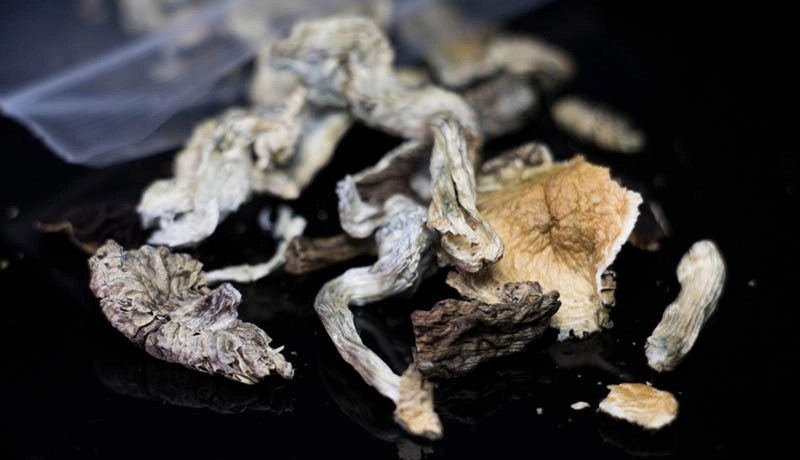
Many people dogged by depression are turning to the psilocybin found in “magic mushrooms” to ease the condition, and often reporting success.
Now, new research suggests much of the credit for that success lies in the relationship between the patient and his or her therapist.
It’s the magic of what researchers at Ohio State University (OSU) described as a trust-filled “therapeutic alliance.”
In their study of psilocybin for depression, “what persisted the most was the connection between the therapeutic alliance and long-term outcomes, which indicates the importance of a strong relationship,” said lead researcher Adam Levin. He’s a psychiatry and behavioral health resident at OSU’s college of medicine.
The findings are based on a re-analysis of data from a 2021 study involving 24 adults with depression. All received two doses of psilocybin plus 11 hours of psychotherapy.
The participants also completed a questionnaire that assessed the strength of the therapist-participant relationship. They filled out this therapeutic alliance checklist three times: After eight hours of “preparation therapy” prior to getting the psilocybin, and then one week after each drug treatment.
The patient-therapist “alliance score” tended to rise over time, and it correlated with what the researchers called “acute mystical and/or psychologically insightful experiences from the drug treatment.”
The stronger these mystical experiences, the better the results when it came to lowered depression — at least over the short term (four weeks).
In the long term (one year after the trial), those immediate mystical experiences didn’t seem to affect whether or not depression had been held at bay.
“We’re not saying this means acute effects aren’t important — psychological insight was still predictive of improvement in the long term,” said study senior author Dr. Alan Davis. “But this does start to situate the importance and meaning of the therapeutic alliance alongside these more well-established effects that people talk about.”
Davis is an associate professor and director of the Center for Psychedelic Drug Research and Education in Ohio State’s College of Social Work.
He stressed there’s nothing new about the power of the patient-therapist relationship in shaping treatment outcomes for mental health problems.
The new data from the psilocybin trial, published recently in the journal PLOS ONE, “suggests that psychedelic-assisted therapy relies heavily on the therapeutic alliance, just like any other treatment.”
However, because folks are often hesitant to try a drug sourced from hallucinogenic mushrooms, trust may be an even more powerful factor in this context.
“The whole intervention is designed for us to establish the trust and rapport that’s needed for someone to go into an alternative consciousness safely,” Davis explained in a university news release.
According to Levin, this means that psilocybin should ideally be taken as part of the psychotherapeutic journey, not as a drug the patient takes on their own.
“Our concern is that any effort to minimize therapeutic support could lead to safety concerns or adverse events,” he said. “And what we showed in this study is evidence for the importance of the alliance in not just preventing those types of events, but also in optimizing therapeutic outcomes.”
More information
Find out more about the use of psilocybin against depression at the U.S. National Institutes of Health.
SOURCE: Ohio State University, news release, April 22, 2024
Source: HealthDay

Leave a Reply